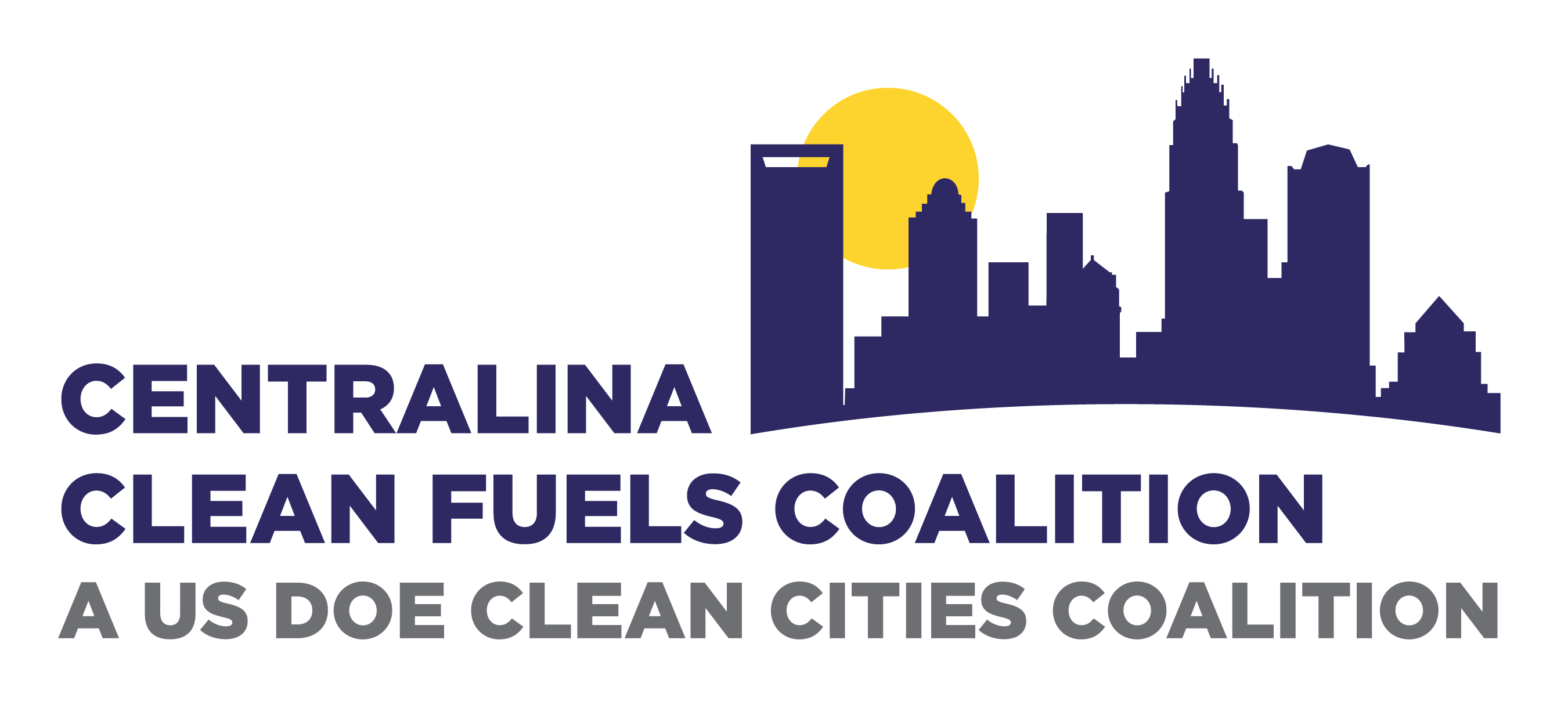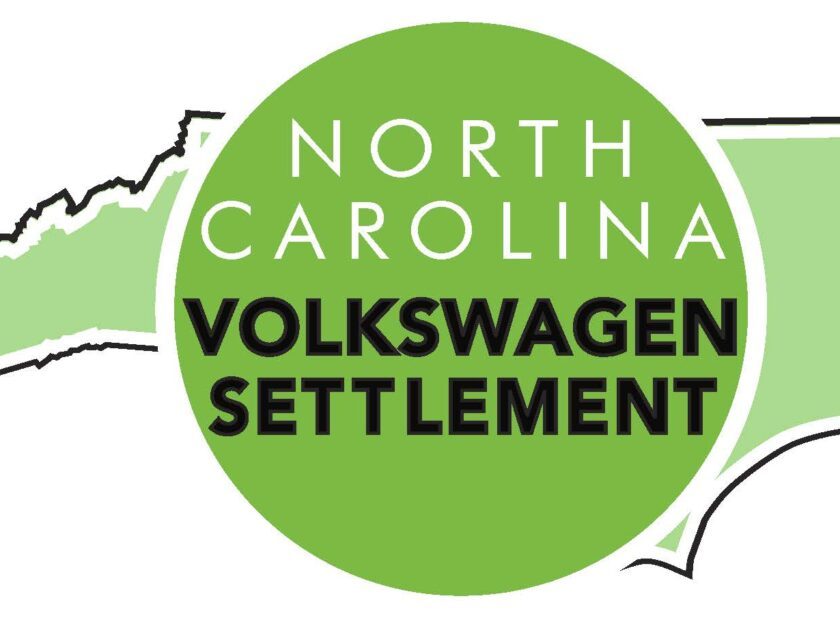Benefits of Alternative Fuels for Small & Rural Communities
Drive Clean Rural USA: Helping Small & Rural Communities Benefit from Clean Fuels and Vehicles, is a project funded by the Department of Energy and led by Transportation Energy Partners (TEP), a national nonprofit organization bringing Clean Cities Coalition leaders together to advance policies that will reduce American dependence on petroleum-based fuels. Eight Clean Cities coalitions; Alabama, Northern Indiana, Ohio, Columbia-Willamette, Utah, Western Washington, Wisconsin, and Virginia are working with TEP to provide on-the-ground assistance to 24 counties, companies and institutions within these regions.
The goal of this project is to help small and rural communities benefit from clean fuels and vehicles. Communities across the country are saving money and breathing cleaner air by transitioning away from gasoline and diesel vehicles in favor of clean domestic fuels. Access barriers can leave small and rural towns out, but this program is aimed at fixing that. Drive Clean Rural USA intends to provide fuel & maintenance cost savings, domestic fuels & US energy independence, regional job & business opportunities, and clean air to the targeted residents.
Four areas are highlighted to provide fleet assistance to these communities. The first area is free technical assistance; this includes project partners working to assess current vehicle components of fleets and seeing where a clean energy transition fits in, with regards to fueling infrastructure, financing options, and short/long-term priorities. Secondly, the allocation of demonstration vehicles is identified as industry partners loaning clean fuel vehicles for demo purposes to drive and test for community-wide drive and ride events, in addition to allowing temporary staff usage. Regional job and business growth is the third item; this is included to show the importance of creating job opportunities with biofuels and renewable natural gas. Lastly, the promotion of leadership is designed to shine a spotlight on local clean energy leaders within these rural areas through media outreach, press releases, and speaking opportunities.
Benefits of Using Alternative Fuels
Fuel experts; Alliance AutoGas, Sustainable Energy Strategies Inc., NGVAmerica, and Dominion Energy spoke at a webinar and discussion hosted by Virginia Clean Cities titled Drive Clean Rural Virginia: How Can Clean Fuels Serve Your Community? This event contained presentations emphasizing specific benefits surrounding the use of alternative fuels and Virginia’s role in bridging the access gap within rural communities. Each company spoke on their own specializations and the environmental benefits that inspire their work.
According to Alliance AutoGas, using propane as an alternative fuel reduces nitrogen oxide (NOx) emissions by over 30%. They stated that burning propane emits 79% less carbon monoxide, 54% fewer smog-producing hydrocarbons, 42% less nitrogen oxide, and 22% less carbon dioxide when compared to gasoline fueled vehicle emissions. On the report of Sustainable Energy Strategies Inc, ethanol reduces carbon emissions by 35-50% when compared to gasoline. Ethanol is a renewable biofuel that is currently made from corn, sugarcane, and sorghum. With the introduction of new technologies, ethanol can also be made from waste materials such as wood chips, agricultural residues, and industrial gases. It reduces greenhouse gases, eliminates carcinogens, improves high performance, and reduces the formation of ozone. Sustainable Energy Strategies Inc. also emphasized that biodiesel & renewable diesel significantly reduces criteria pollutants’ air pollution. While biodiesel is made from recycled cooking oil, plant oil, and rendered animal fats, renewable biodiesels are a clean burning diesel replacement. Biodiesel & renewable biodiesel reduces climate-change causing greenhouse gases by up to 89%, and up to 74% on average (Sustainable Energy Strategies Inc.).
NGVAmerica affirms that natural gas is sustainable, cost-effective, available, domestic, and reduces greenhouse gas & carbon dioxide emissions. The Cummins Westport Ultra-Low NOx engine supports these facts and is powered by natural gas. This engine is identified as the cleanest heavy-duty engine in the world and is 90% cleaner than the EPA’s current NOx standard. An 11% reduction in traditional liquified natural gas (LNG) and a 17% reduction in traditional compressed natural gas (CNG) greenhouse gas emissions are observed when compared to traditional diesel (NGVAmerica).
Dominion Energy asserts that electric vehicles will aid in carbon reduction and have enacted alternative fuel fleet adoption goals. They call attention to 75% of their passenger vehicles that will be converted to electric by 2030. In addition, 50% of work vehicles are being converted to run on alternative fuels by 2030; currently they are using trucks equipped with electric power take-off (PTO) systems.
Increased access in rural communities to clean and alternative fuels will expand the nation’s energy and economic security. This will allow partnerships to improve transportation energy efficiency and advance affordable, domestic transportation fuels and technologies. Covering the blind spots within community infrastructure for alternative fuel usage will allow for the broad implementation of clean alternative fuels across the nation, aligning with the goals of the Centralina Clean Fuels Coalition, the national Department of Energy Clean Cities program and stakeholders already utilizing these domestic fuels across the country.


